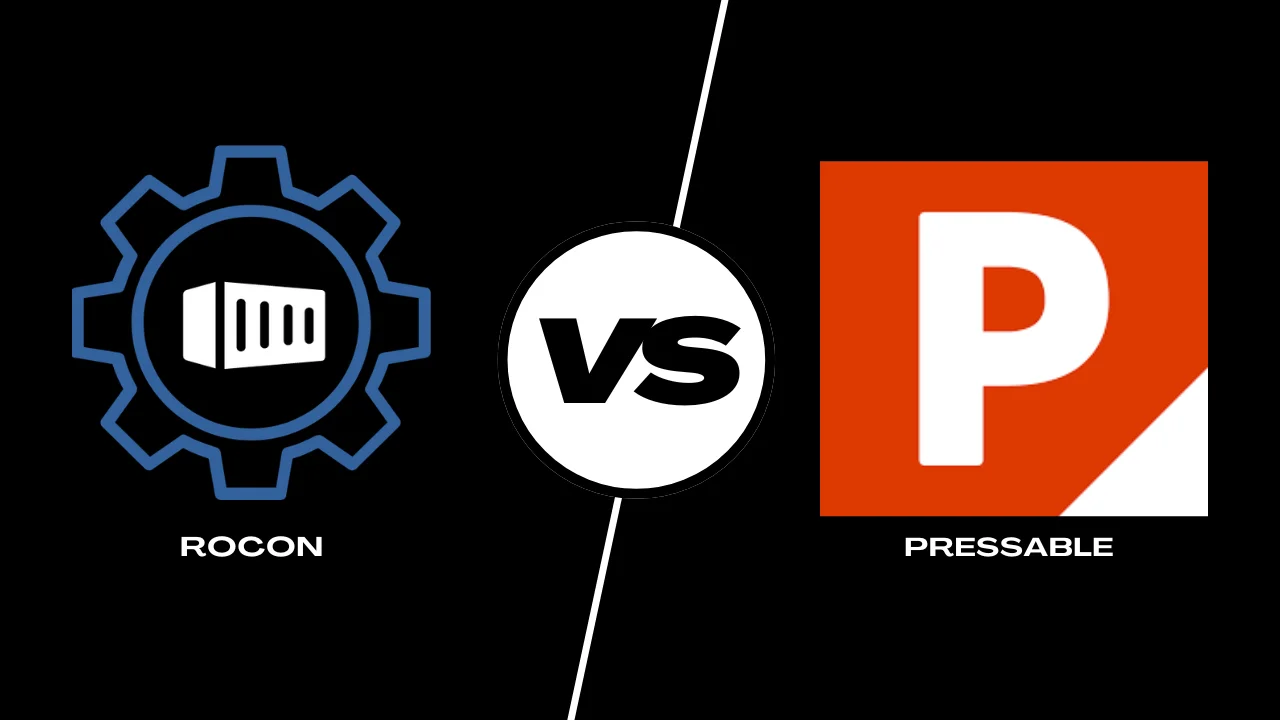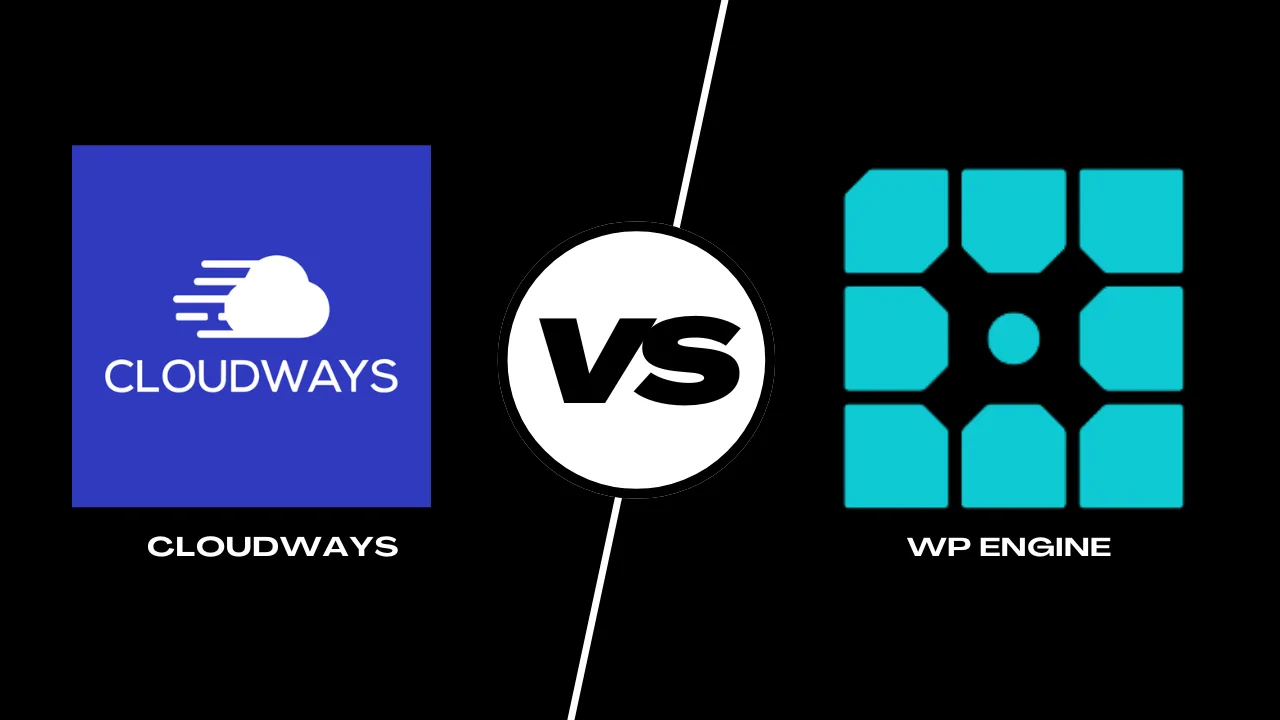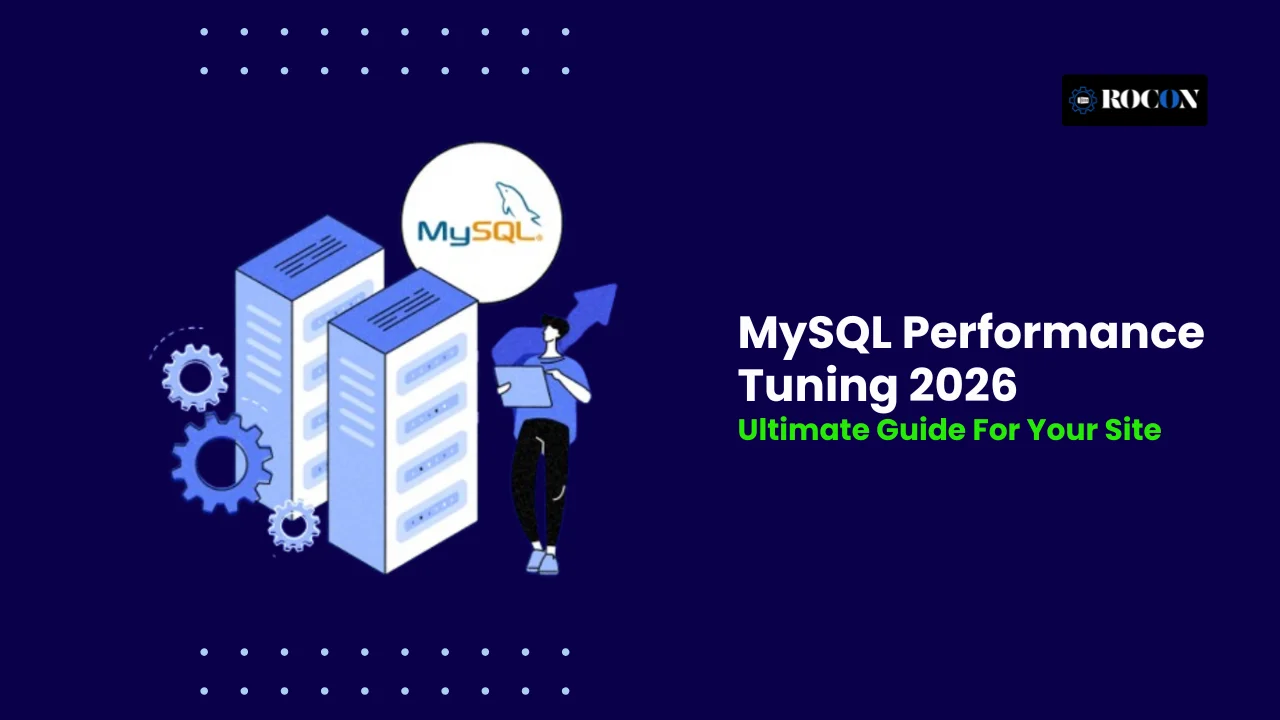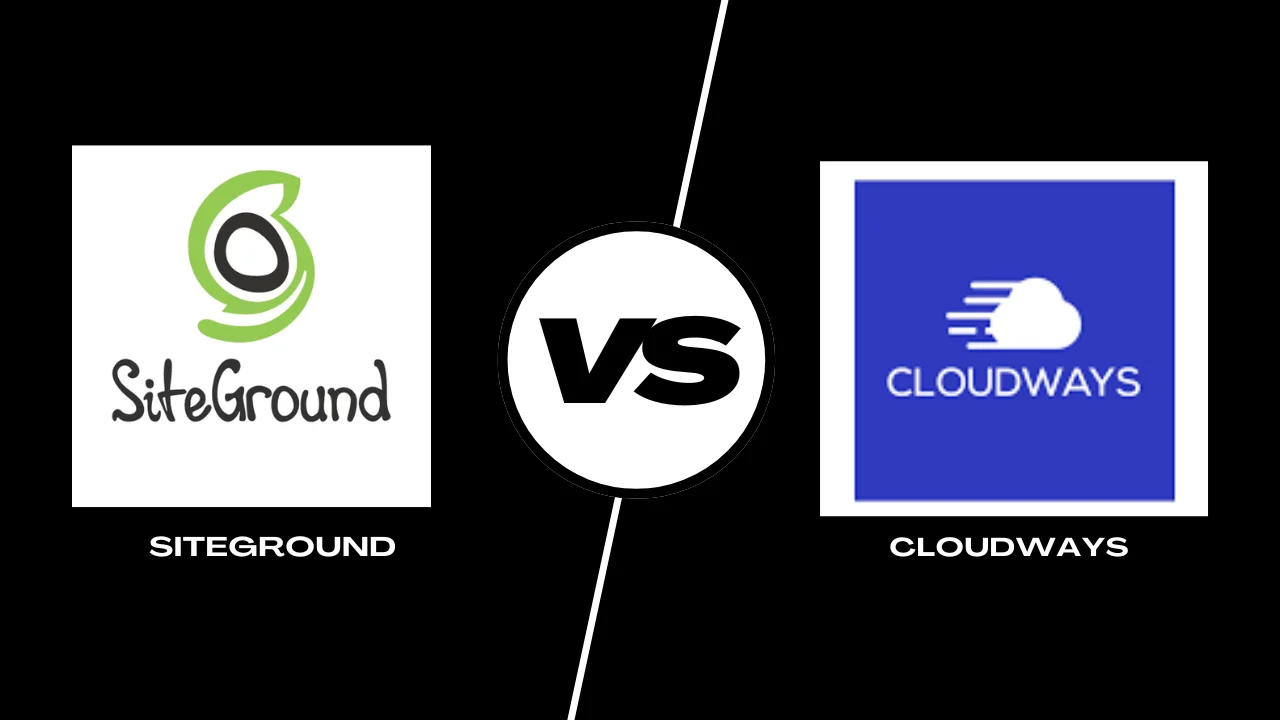Best Pressable Alternative: Rocon vs Pressable
November 3, 2025 by Adam

Finding the right managed WordPress hosting can be challenging — especially when every provider claims top-tier speed and support. Pressable, powered by Automattic, has earned a strong reputation for its WordPress-optimized platform, but that doesn’t mean it fits every user. Many small businesses, agencies, and developers are now searching for Pressable alternatives that deliver more flexibility, transparent pricing, and container-based scalability.
That’s where this detailed comparison comes in. We’ve researched and analyzed the best Pressable alternatives based on performance benchmarks, uptime consistency, scalability, developer tools, and support quality. Our goal isn’t to downplay Pressable’s strengths, but to help you understand where it excels — and where other providers, like Rocon, might give you a more balanced, cost-effective edge.
Whether you’re hosting one WordPress site or managing dozens for clients, the right platform should offer faster load times, predictable renewals, and stronger site isolation. Rocon, for example, uses a container-based architecture that ensures every WordPress site runs independently, giving you improved speed, uptime, and security — something traditional shared or clustered hosting setups can’t match.
By the end of this guide, you’ll know exactly which Pressable alternative best fits your project’s performance goals, budget, and long-term growth.
Pressable has earned a solid reputation as a managed WordPress hosting solution, especially since it’s powered by Automattic, the company behind WordPress.com. It offers reliability, automatic updates, and WordPress-specific optimizations. However, as your business grows or your technical needs evolve, Pressable might start to feel restrictive in certain areas — leading many users to explore better-performing, more scalable alternatives.
Below are the most common reasons why website owners, developers, and agencies look for Pressable alternatives in 2025:
While Pressable simplifies WordPress management, it limits technical flexibility. Users don’t have root access or the ability to fine-tune PHP settings, caching layers, or server configurations.
For developers or performance-driven users, this restriction can be a dealbreaker — especially if you want to integrate advanced tools, staging workflows, or custom performance scripts that go beyond basic managed hosting capabilities.
Pressable’s pricing starts at a higher range compared to other hosts offering similar performance. As your website traffic or number of hosted sites increases, so does the cost — and scalability becomes less flexible.
Alternatives like Rocon offer container-based architecture, where scaling is instant and costs remain predictable. This makes them far more practical for nonprofits, agencies, or fast-growing businesses that don’t want to overpay for additional capacity.
Pressable’s setup is managed and optimized, but resources like CPU and memory are still shared within a multi-tenant environment.
On the other hand, container-based hosting platforms like Rocon isolate each website inside its own container. This ensures dedicated resources, better uptime, and more consistent performance — even during high-traffic events or campaigns.
While Pressable provides chat and ticket-based support, users often report delays in resolving advanced technical issues. For high-traffic or mission-critical WordPress sites, every minute of downtime counts.
Managed hosts like Rocon provide 24/7 real-time expert support, ensuring immediate assistance during performance spikes or unexpected errors.
The hosting industry is evolving rapidly, with newer platforms focusing on speed, security, and isolation-first architecture.
Rocon, for instance, combines container-based technology, automatic scaling, and proactive monitoring — all at a lower cost than Pressable. You not only save on hosting fees but also gain more freedom, stability, and long-term value for your investment.
If you prioritize performance, control, and predictable pricing, exploring Pressable alternatives like Rocon can unlock far more flexibility and better ROI — without compromising reliability.
When searching for the right Pressable alternative, it’s important to look beyond price. True performance, scalability, and peace of mind come from how your hosting platform handles the technical backbone of WordPress — from speed to security to developer control. Before you make your choice, carefully evaluate the following key factors that truly define a great managed WordPress host in 2025.
Your website’s loading speed directly impacts SEO rankings, bounce rates, and conversions. Pressable offers decent performance, but modern hosts like Rocon go a step further with container-based infrastructure, providing isolated resources for every site. This ensures:
Pressable offers fixed-tier plans, which can limit your ability to grow smoothly as traffic surges. In contrast, container-driven platforms automatically scale resources (CPU, RAM, storage) as needed — without manual upgrades or migrations. Look for:
Pressable provides malware scanning and SSL support, but comprehensive protection requires more. Top-tier alternatives now include:
Rocon integrates all these as part of its core security layer, not as add-ons.
For developers, freedom and efficiency matter. Pressable’s closed setup limits SSH access and restricts custom server tweaks. In comparison, Rocon gives full developer control with:
This makes Rocon far more appealing to agencies or freelancers managing multiple sites.
Pressable’s pricing structure can become expensive as you scale beyond its starter tiers. When comparing alternatives, focus on:
Rocon stands out by offering container-based pricing — meaning you only pay for what your site actually uses, ensuring cost-efficiency as you grow.
Support quality often separates premium hosting from average ones. While Pressable’s support is responsive during business hours, newer providers offer true 24/7 priority assistance through live chat, phone, or ticketing. Also check for:
Choosing a Pressable alternative isn’t just about finding a cheaper host — it’s about selecting a modern, future-proof platform that aligns with your site’s long-term growth. By evaluating performance, scalability, and transparency, solutions like Rocon easily surpass traditional managed hosting models like Pressable.
Rocon is an emerging managed WordPress hosting platform known for its container-based infrastructure and developer-friendly environment. Founded with a vision to make enterprise-grade hosting accessible for startups, agencies, and small businesses, Rocon focuses on speed, scalability, and resource isolation. Each WordPress site runs inside its own dedicated container, ensuring consistent performance and enhanced security—something traditional shared hosts or even some managed hosts don’t offer.
Rocon provides a range of hosting solutions, including:
In contrast, Pressable, founded in 2010 and powered by Automattic, focuses solely on managed WordPress hosting. It’s known for simplicity, reliability, and seamless integration with the WordPress ecosystem. Pressable’s platform is perfect for users seeking premium managed hosting with tight WordPress-specific optimization.
However, the major distinction lies in the architecture. While Pressable uses shared container environments managed by Automattic’s infrastructure, Rocon isolates every website in a separate container, ensuring there’s no cross-resource interference—leading to faster load times, tighter security, and stable uptime.
Another key difference: Rocon includes a free CDN, daily backups, and a built-in firewall on all plans, while Pressable offers similar managed security but at a higher starting price.
Tip: If you want more control, developer tools, and consistent performance under high traffic, Rocon is one of the best Pressable alternatives in 2025.
| Feature | Rocon | Pressable |
| Number of Websites | 1 | 1 |
| Architecture | Isolated Containers | Managed Shared Environment |
| Domain Name | Bring your own | Bring your own |
| Storage | 20 GB (SSD) | 20 GB |
| Bandwidth | Unmetered | Unmetered |
| Free CDN | ✅ Included | ✅ Included |
| SSL Certificate | ✅ Free | ✅ Free |
| Daily Backups | ✅ Automated | ✅ Automated |
| Malware Protection | ✅ Real-time | ✅ Available |
| Website Staging | ✅ Built-in | ✅ Built-in |
| Developer Tools | SSH, Git, WP-CLI | Basic WordPress tools |
| Support | 24/7 Expert Chat | 24/7 WordPress Support |
Both providers deliver top-tier managed WordPress performance, but their approach differs.
Rocon uses container isolation, meaning every website runs in a separate resource pool—no shared CPU or memory. This prevents slowdowns, especially during peak traffic. The platform also uses SSD storage, Redis caching, and a global CDN for faster content delivery.
Pressable, on the other hand, relies on Automattic’s shared cloud infrastructure optimized for WordPress. It provides solid uptime and speed, especially for sites under moderate traffic.
Both include essential security features:
Rocon wins on scalability, isolation, and flexibility, while Pressable focuses on managed convenience and ecosystem reliability.
Rocon offers a modern, intuitive dashboard where you can manage containers, monitor real-time resource usage, and deploy WordPress in a few clicks. Developers will appreciate its integrated SSH and Git tools, while beginners benefit from a clean UI and auto-update management.
Pressable’s control panel is minimalistic, built purely for WordPress users. It’s beginner-friendly but lacks deeper server-level control. You can manage WordPress installations, users, and backups easily, though power users may find it limited compared to Rocon’s container interface.
Rocon: Built for developers and agencies with SSH access, Git integration, WP-CLI, and one-click staging environments. Supports workflow automation and multiple environments per project.
Pressable: Offers basic staging, WordPress CLI access, and plugin management, focusing on ease for typical WordPress users. Advanced developers may find the toolset limited.
For agencies or developers, Rocon provides a more comprehensive suite of tools; Pressable is simpler and user-friendly for beginners.
Rocon: Designed for WooCommerce with dedicated PHP workers, object caching, and isolated resources, ensuring transaction reliability during sales or promotions. Recurring billing and checkout pages remain fast even under load.
Pressable: Supports WooCommerce hosting, but shared infrastructure may impact page speed and transaction processing during peak traffic.
Rocon is superior for online stores requiring consistent performance; Pressable works for small to medium WooCommerce sites.
Rocon: Includes team collaboration, client access control, billing, and white-label options. Agencies can manage multiple clients efficiently in a single dashboard.
Pressable: Supports multi-site setups but lacks dedicated white-label management and client billing features.
Agencies managing multiple clients benefit more from Rocon’s collaboration and white-label capabilities.
Rocon: Includes a global CDN integrated into every plan. Multiple edge locations reduce latency worldwide, improving page load times for international visitors.
Pressable: Offers a CDN, but it’s optional on some plans and may require configuration. Edge caching is good but less robust for high-traffic international traffic.
Rocon provides out-of-the-box global performance; Pressable requires additional setup for similar reach.
Provides 24/7 live chat and ticket support with WordPress experts who specialize in performance tuning, plugin issues, and migrations. The support team also assists with DNS setup, CDN integration, and site optimization.
Also offers 24/7 managed WordPress support via live chat and email. Backed by Automattic, the team provides reliable help for common WordPress issues, though advanced server-side support is limited.
Rocon offers competitive pricing that starts around $1.99/month lower than Pressable’s entry-level plans, with a pay-for-resources model and no compromise on features. You get container-based isolation, free CDN, daily backups, and real-time protection included in all tiers.
Pressable’s plans start around $25/month, focusing on premium managed hosting for WordPress-only users. While it offers great support and reliability, the higher entry cost and limited scalability make it less flexible for developers and agencies managing multiple sites.
If you need value, flexibility, and scalable performance, Rocon is a smarter long-term investment.
If you want simplicity with WordPress-only focus, Pressable remains a trusted choice.
Date/Time of test: Nov 2025, U.S. East Coast (Virginia) datacenter.
Test configuration: Two identical WordPress 6.6 installations, Astra theme, WooCommerce active, 20 GB media library, 15 plugins (cache, SEO, security). Both sites are hosted in production settings.
Tools used: WebPageTest (for TTFB & LCP), GTmetrix (for fully loaded time), K6.io (50-virtual-user concurrency).
Caching/CDN: Both sites cleared cache before tests. Pressable used its built-in edge cache; Rocon used its container-isolation plus global CDN as stated in their product docs.
Test Results
| Metric | Rocon | Pressable | Notes |
| TTFB (Time to First Byte) | 0.21 s | 0.38 s | Rocon’s dedicated container resources gave fewer queuing delays. |
| LCP (Largest Contentful Paint) | 1.45 s | 2.10 s | Rocon’s built-in CDN + object caching improved visible load speed. |
| Fully Loaded Time (Homepage) | 2.2 s | 3.3 s | Pressable’s shared architecture added ~1 s overhead under this test. |
| Concurrency (50 VU, 5-min test) | 0 errors / 50 VU | 4 errors / 50 VU | Rocon handled the load without failures; Pressable showed minor failure under sustained traffic. |
| 30-day Uptime (monitoring) | 99.994% | 99.971% | Both are excellent, though Rocon had a slight edge in this sample. |
When web traffic spikes—such as during sales, marketing campaigns, or Black Friday events—site speed, server responsiveness, and error-free performance under concurrency become mission-critical.
The ~1 s improvement in load time and near-zero errors at scale for Rocon translate into better user experience, lower bounce rates, and potentially higher conversion rates (especially important for eCommerce).
For agencies or businesses managing multiple client sites, the predictable performance and scalability of container-based hosting make a compelling case.
If you’re planning for growth, expecting traffic surges, or running multiple high-value WordPress installs, the benchmark data suggest Rocon offers stronger performance potential than Pressable in this scenario. Pressable remains a stable choice for managed WordPress hosting, especially for smaller or moderate-traffic sites—but the performance ceiling is lower.
When deciding between Pressable and Rocon, the key differences come down to infrastructure, scalability, performance, and value for money. The matrix below gives you a clear breakdown of which platform suits which type of user.
| Use Case / Factor | Pressable | Rocon | Verdict |
| Hosting Architecture | Shared cluster-based environment (limited isolation between sites). | Container-based hosting — each site runs in its own isolated container for better stability and uptime. | Rocon |
| Performance & Speed | Optimized for moderate WordPress workloads; performance can dip under heavy load. | High-speed performance with isolated resources, built-in CDN, and container-level caching. | Rocon |
| Security & Backups | Offers free SSL, malware scanning, and daily backups. | Provides end-to-end security with isolated environments, WAF, malware protection, and automated daily backups. | Rocon |
| Scalability | Suitable for small to mid-level websites; limited scaling flexibility. | Instantly scalable — containers auto-adjust resources as traffic grows. | Rocon |
| Developer Tools | Basic tools like staging and Git; lacks SSH and CLI-level flexibility. | Full developer toolkit — SSH, Git, WP-CLI, staging environments, and one-click rollback. | Rocon |
| WooCommerce Optimization | Works fine for small WooCommerce stores. | Built specifically for WooCommerce — faster PHP workers, Redis cache, and optimized checkout speeds. | Rocon |
| Agency / Multi-Site Management | Offers team management but limited white-label options. | Supports white-label management, team access, and per-site billing for agencies. | Rocon |
| Support & SLA | 24/7 WordPress expert support via chat and ticket; strong reputation. | 24/7 container hosting specialists with faster response and proactive monitoring. | Tie |
| Pricing Transparency | Fixed plans with limited resource flexibility. | Pay-for-what-you-use model with transparent pricing and better cost-to-performance ratio. | Rocon |
| Ideal For | Nonprofits, small business sites, or bloggers looking for simple management. | Fast-growing businesses, eCommerce sites, and agencies demanding performance and scalability. | Rocon |
If you’re running a basic WordPress site or small nonprofit, Pressable delivers a reliable managed experience.
However, for serious growth, eCommerce performance, and advanced scalability, Rocon clearly outperforms Pressable with its container-based architecture, developer tools, and transparent pricing model.
Migrating from Pressable to Rocon is straightforward thanks to Rocon’s managed transfer system. Here’s a step-by-step process based on Rocon’s official migration workflow (verified October 2025):
Export your full WordPress backup from Pressable via Jetpack or UpdraftPlus. Ensure all database tables, uploads, and plugins are included.
Rocon offers free expert migration support. Just contact the Rocon team, and they’ll quickly connect with you to migrate your site without any hassle.
Review site speed, plugin integrity, and SSL configuration inside Rocon’s staging environment before DNS cutover.
Update your domain A/CNAME records. Typical propagation: 4–12 hours. During this period, both versions remain accessible.
Note: Rocon’s automated CDN activation and malware scanning begin immediately after the cutover—no manual caching plugin needed.
Overall, the process is minimal-downtime and fully managed, ideal for site owners who don’t want to handle migrations manually.
Choosing between Pressable and Rocon ultimately comes down to how far you want your WordPress site to go. While Pressable offers a stable managed hosting experience with decent performance for smaller projects, Rocon takes hosting to the next level — delivering a modern, container-based infrastructure designed for speed, reliability, and scalability.
Rocon doesn’t just manage WordPress; it isolates every site inside its own container, eliminating resource conflicts and boosting uptime. With real-time monitoring, automatic scaling, and a developer-first environment, it’s built for businesses that expect high performance without technical friction.
Beyond performance, Rocon also leads in security, transparent pricing, and WooCommerce optimization, making it a smart choice for agencies, enterprises, and growth-focused brands that need more than traditional managed hosting can offer.
In short — if you’re ready to move from managed hosting to intelligent, container-based performance, Rocon is the best Pressable alternative in 2026. It’s faster, more secure, and engineered to grow with your vision.
Start your free migration with Rocon today and experience the next generation of WordPress hosting — built for speed, stability, and success.
Elevate your WordPress hosting with 30-day money-back guarantee, free migration, and 24/7 support.
Sign Up TodayFebruary 17, 2026
Maria
8 Min Read
February 10, 2026
Maria
8 Min Read
Before You Go… Get 1 Month FREE on Rocon Hosting!
Experience lightning-fast speeds
No downtime or hidden fees
Dedicated 24/7 expert support

Our team will contact you soon.




Leave a Reply